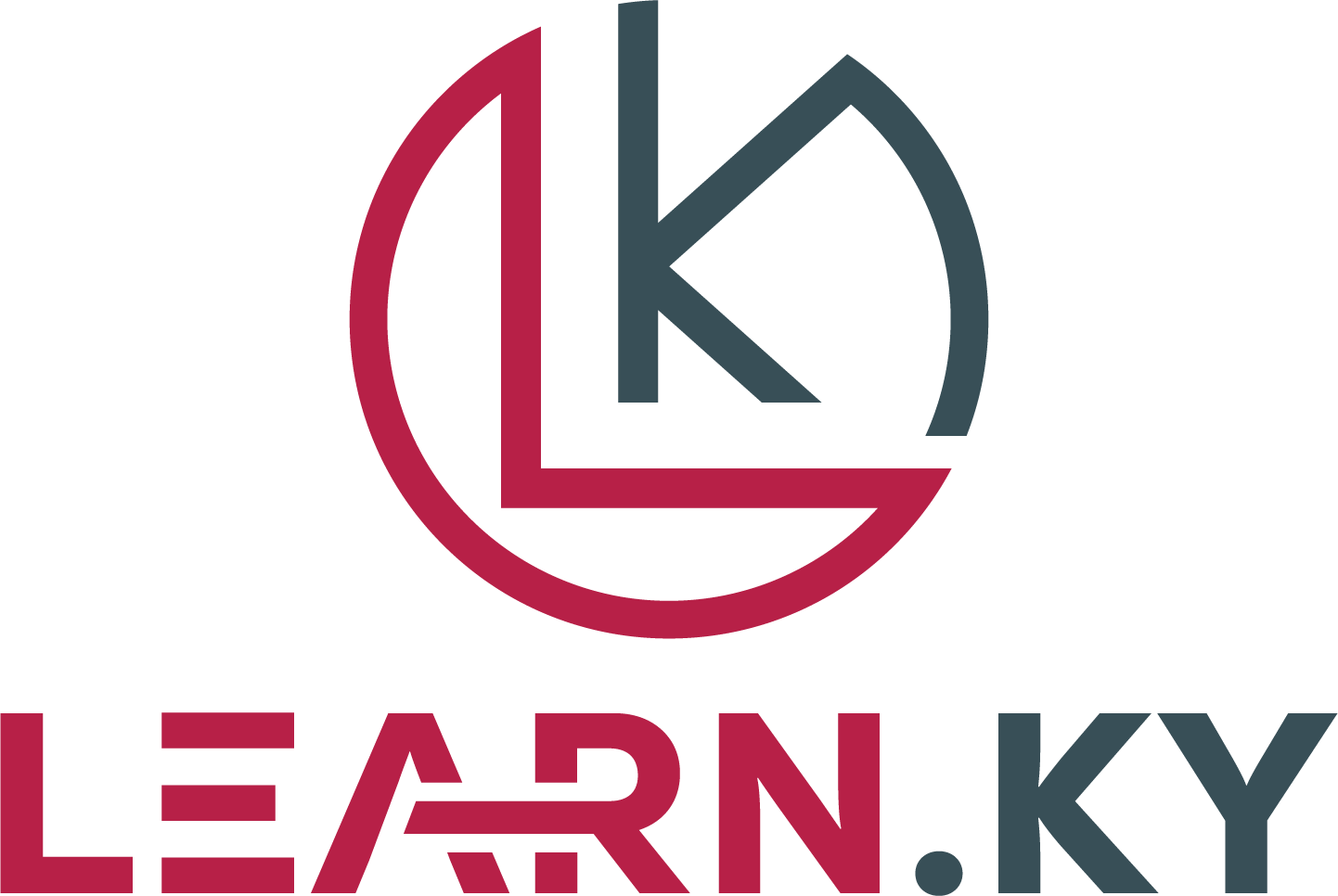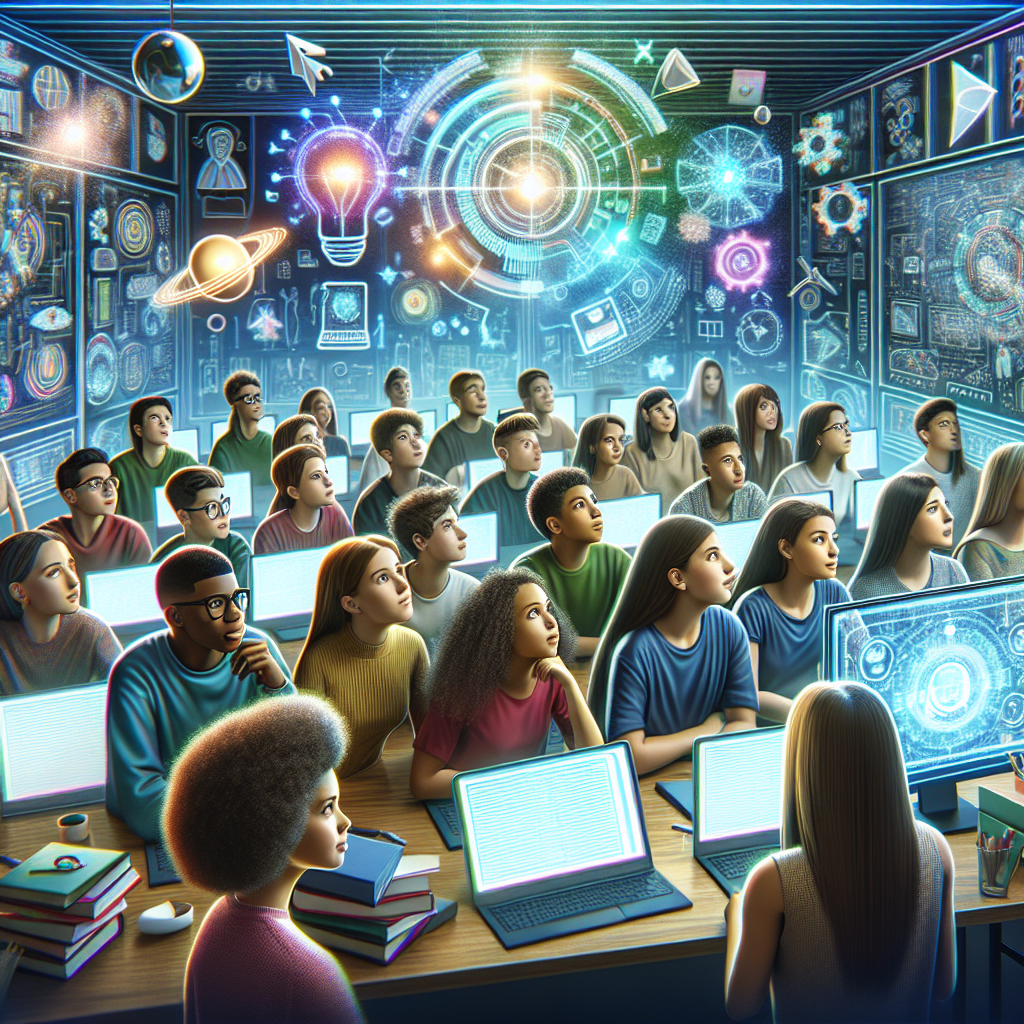In today’s rapidly advancing technological landscape, the role of Artificial Intelligence (AI) in Education Technology (EdTech) is becoming increasingly prominent. As educators and policymakers grapple with the challenges of preparing students for an uncertain future, harnessing the power of AI in shaping the future of education has become a vital consideration. Beyond the confines of traditional classrooms, AI-powered EdTech has the potential to revolutionize the way we learn and teach, offering personalized, adaptive, and interactive learning experiences that cater to the diverse needs of learners. In this article, we will explore the transformative potential of AI EdTech in education, delving into its implications, benefits, and challenges, and ultimately making the case for its essential role in shaping the future of learning.
The Promise of AI EdTech
AI-powered EdTech holds the promise of revolutionizing education by providing personalized learning experiences that adapt to individual student needs and learning styles. By leveraging data analytics and machine learning algorithms, AI can analyze student performance, track progress, and provide tailored feedback in real-time. This level of personalization enables educators to identify areas where students are struggling and intervene proactively, fostering a more effective and engaging learning experience.
Furthermore, AI EdTech can enhance the accessibility of education by providing learning opportunities beyond the constraints of time and space. With the rise of online learning platforms and virtual classrooms, students can access high-quality educational resources anytime, anywhere, breaking down geographical barriers and democratizing access to knowledge. This flexibility accommodates diverse learning preferences and lifestyles, allowing students to learn at their own pace and according to their individual needs.
The Role of AI in Teacher Support
In addition to enriching the learning experience for students, AI EdTech can also support teachers in their pedagogical efforts. By automating administrative tasks such as grading, lesson planning, and tracking student progress, AI frees up teachers’ time to focus on what matters most: facilitating meaningful interactions with students, fostering critical thinking skills, and nurturing creativity. Moreover, AI can assist educators in identifying learning gaps, providing personalized recommendations for instructional strategies, and offering insights into student performance trends, empowering teachers to make data-informed decisions that optimize learning outcomes.
Challenges and Considerations
While the potential of AI EdTech in education is vast, it is not without its challenges and considerations. One of the primary concerns surrounding AI in education is the potential for algorithmic bias and discrimination, as AI systems may inadvertently perpetuate or amplify existing inequalities in education. It is crucial for educators, policymakers, and developers to prioritize ethics, equity, and transparency in the design and implementation of AI-powered EdTech, ensuring that all students have equal access to high-quality, unbiased learning experiences.
Furthermore, the rapid pace of technological innovation poses challenges in terms of teacher readiness and professional development. Educators must be equipped with the necessary skills and knowledge to effectively integrate AI EdTech into their teaching practices, leveraging its full potential to enhance student learning outcomes. Professional development programs, ongoing training, and collaboration between educators and technologists are essential for ensuring successful integration and adoption of AI in education.
Conclusion
In conclusion, AI EdTech has the potential to transform education by providing personalized, adaptive, and engaging learning experiences that cater to the diverse needs of learners. By leveraging the power of AI in shaping the future of education, we can cultivate a generation of lifelong learners equipped with the critical thinking, problem-solving, and creativity skills needed to succeed in the 21st-century knowledge economy. Despite the challenges and considerations that accompany the integration of AI in education, the benefits far outweigh the risks, making AI EdTech an essential tool in shaping the future of learning. As we navigate the complexities of an ever-changing educational landscape, embracing AI EdTech as a catalyst for innovation and progress will be crucial in unlocking the full potential of education in the digital age.










